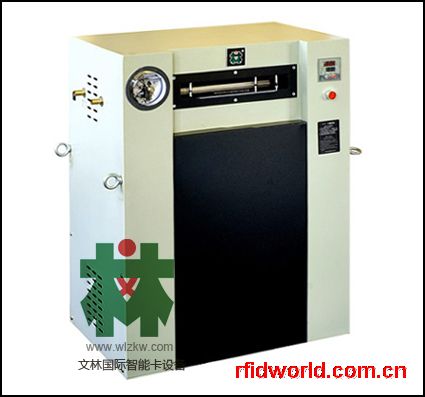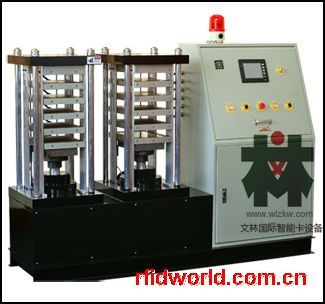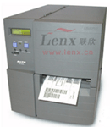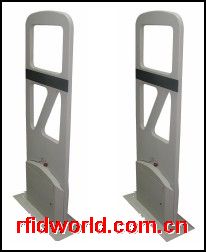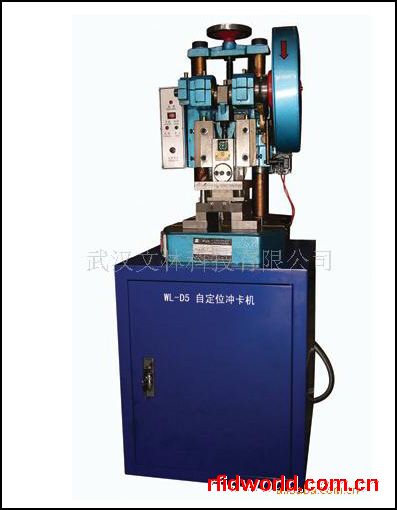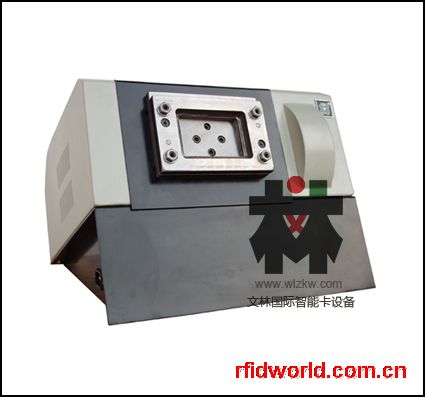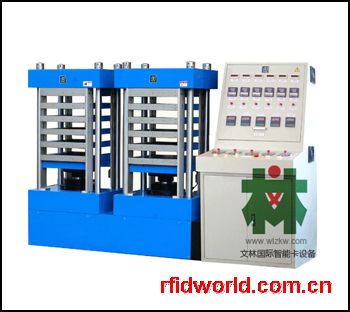德国零售巨头Rewe开始测试使用RFID标签
Rewe will begin by testing the technology at its Norderstedt distribution centre in Germany. Up to 30 suppliers will be testing the technology in the pilot stage of the programme. Only pallets will be tagged during the first phase, rather then cartons or individual items.
To help suppliers access quality RFID labels at a competitive pricing of 23 euro cents each, REWE decided to bundle the projected need to one supplier. The tags will be supplied by UPM Rafsec. The relatively high cost of RFID tags has been a barrier to the wider take up of the technology in the food and retail industries.
The suppliers will have access to a label pool via a special RFID ordering section on Rewe's corporate intranet. The offer will be valid for five months, from 15 December to 15 May 2006. There will be two different label types available, a standard 4x6" label and the UPM Rafsec FlagTag.
Finland-based UPM Rafsec developed the FlagTag together with Sato International. The FlagTag can be used to tag pallets with fluids, metal, glass and other materials that can be difficult for RFID technology.
One of the problems with the technology is that readers are sometimes unable to pick up the tag's signals due to interference from certain products and packaging. The FlagTag attempts to overcome the problem. The part of the label that contains the readable section of the tag is folded so that it sticks out vertically from the pallet surface to create a free-air emitter.
Rewe claims to be the third largest retailing chain in Europe, with more than 11,500 shops and 195,000 full-time employees. The company had sales of €40 billion last year.
Metro Group, Rewe's major competitor in the German market, is testing its RFID programme at its groundbreaking Future Store locations. This year Metro was named as the European test lab for RFID by EPCglobal, which is in the process of setting international standards for the technology.
Metro is the world's fourth largest retailer. Metro is developing its Future Store test sites with SAP, Intel, IBM, T-Systems, Kraft and Henkel. The test sites are being designed as part of a plan to set standards for retailing that can be implemented internationally.
Wal Mart required its top 100 suppliers to begin using RFID at the case and pallet level when sending product to three distribution centers in Texas by January this year.

 登录
登录
 注册
注册







